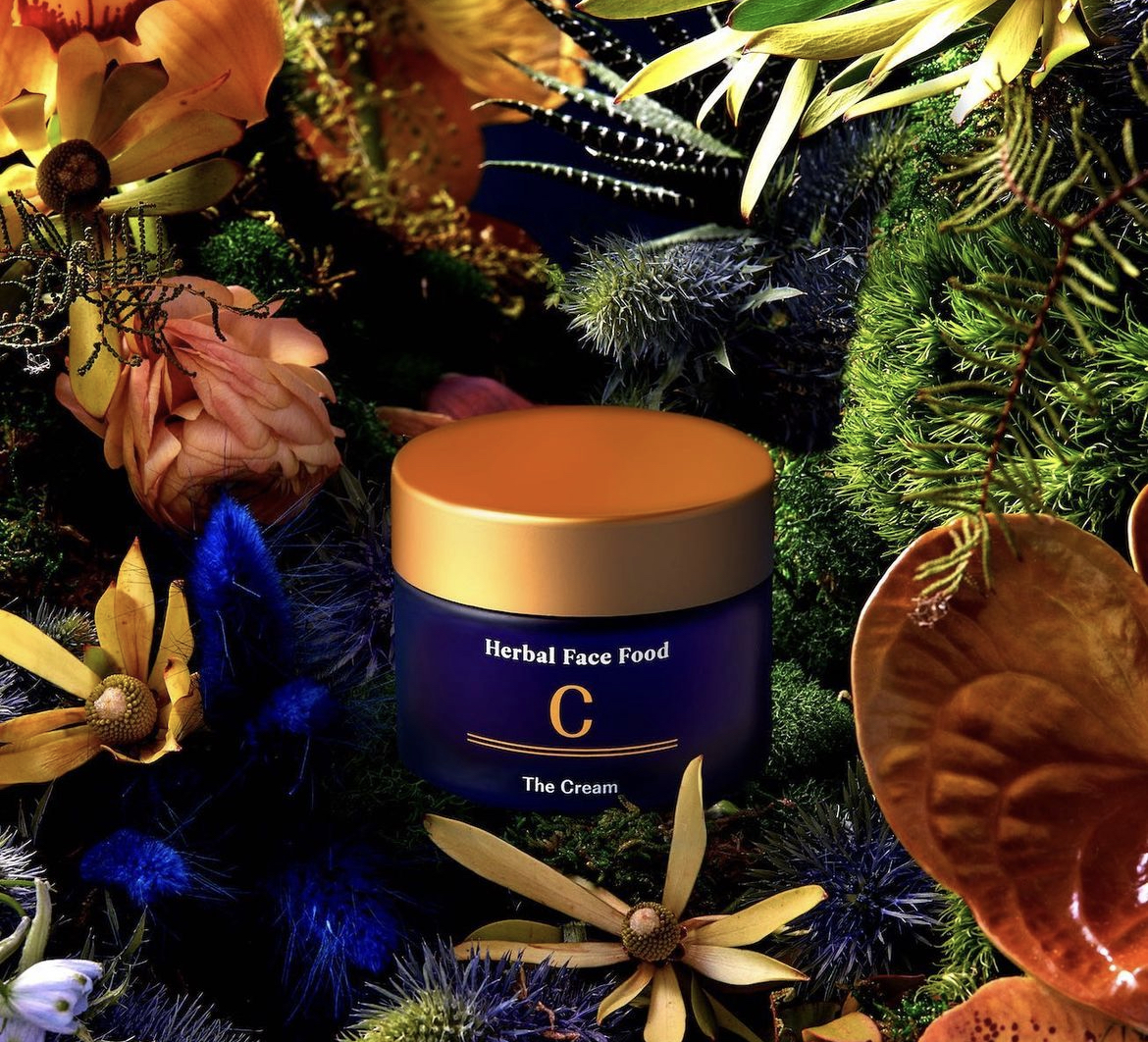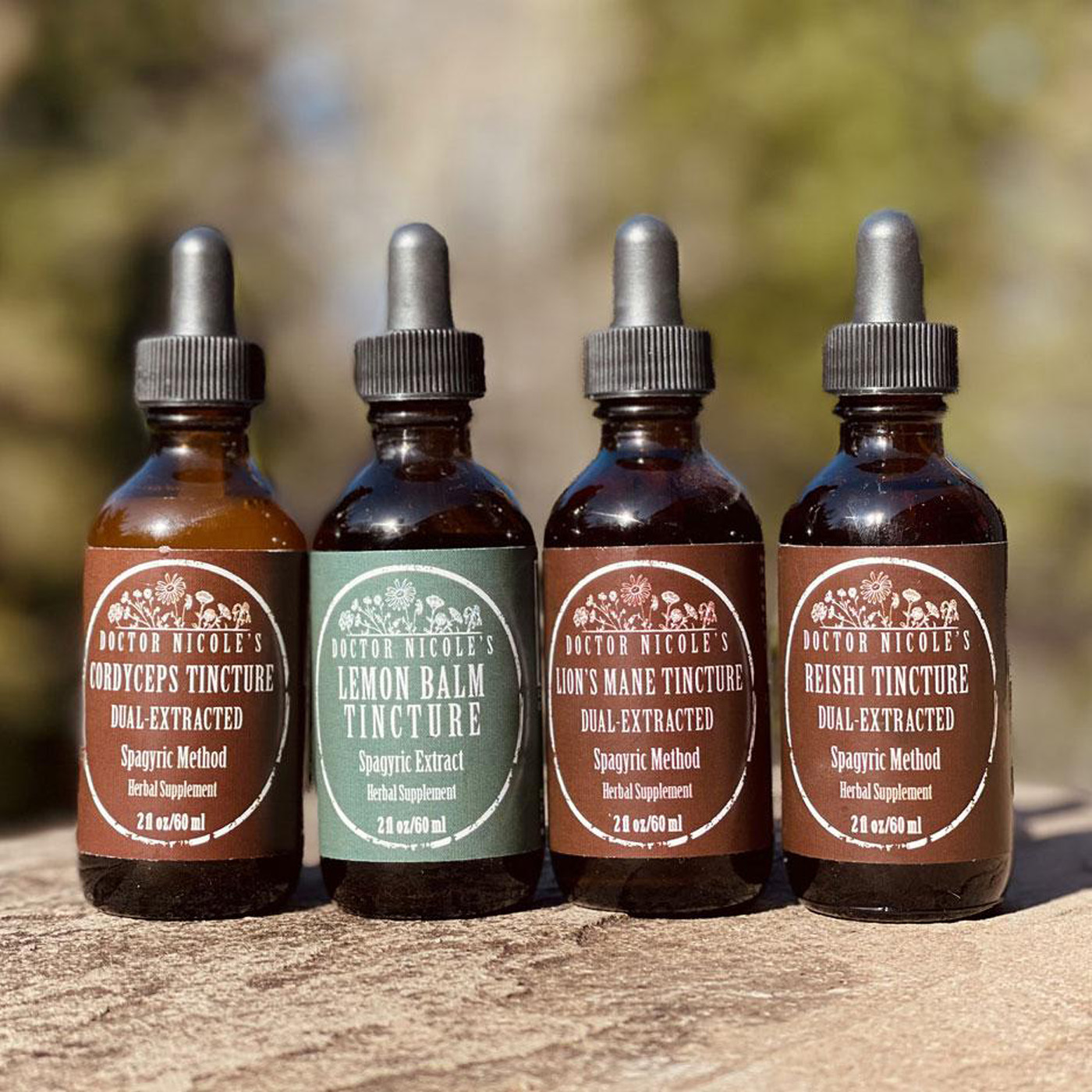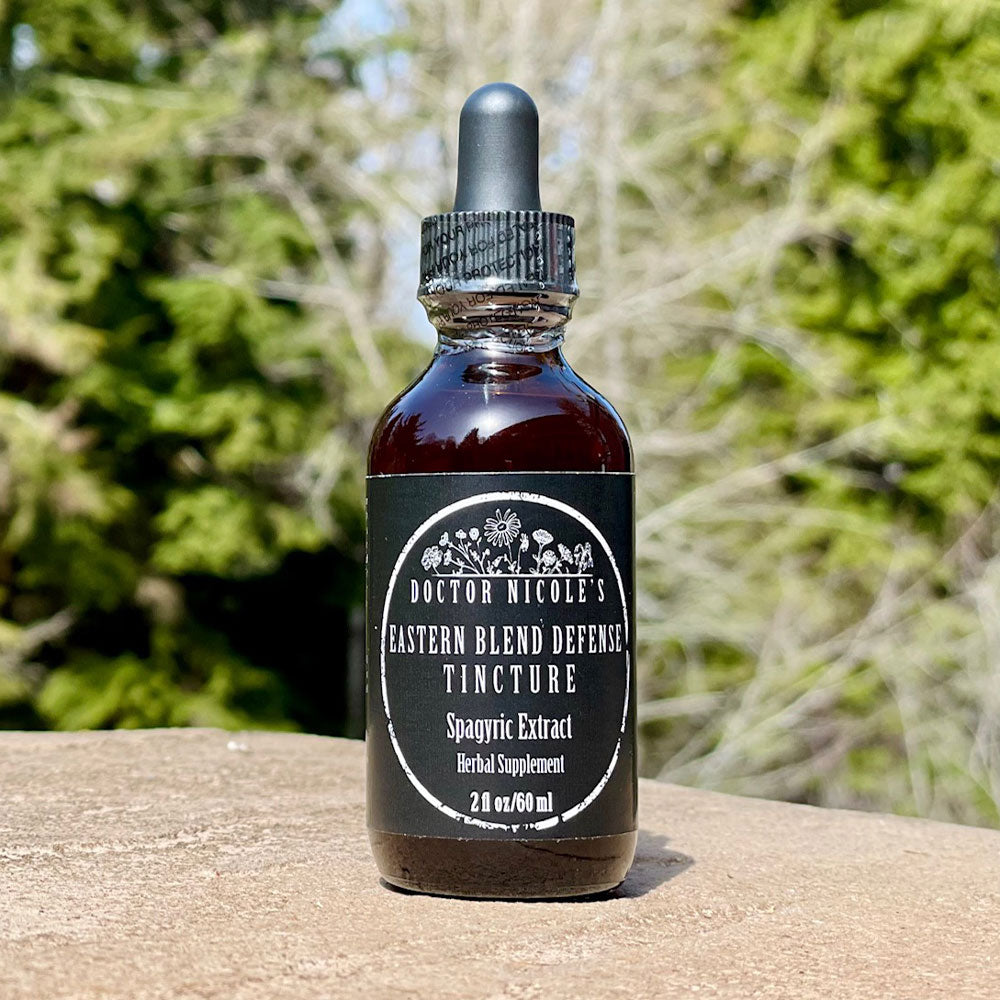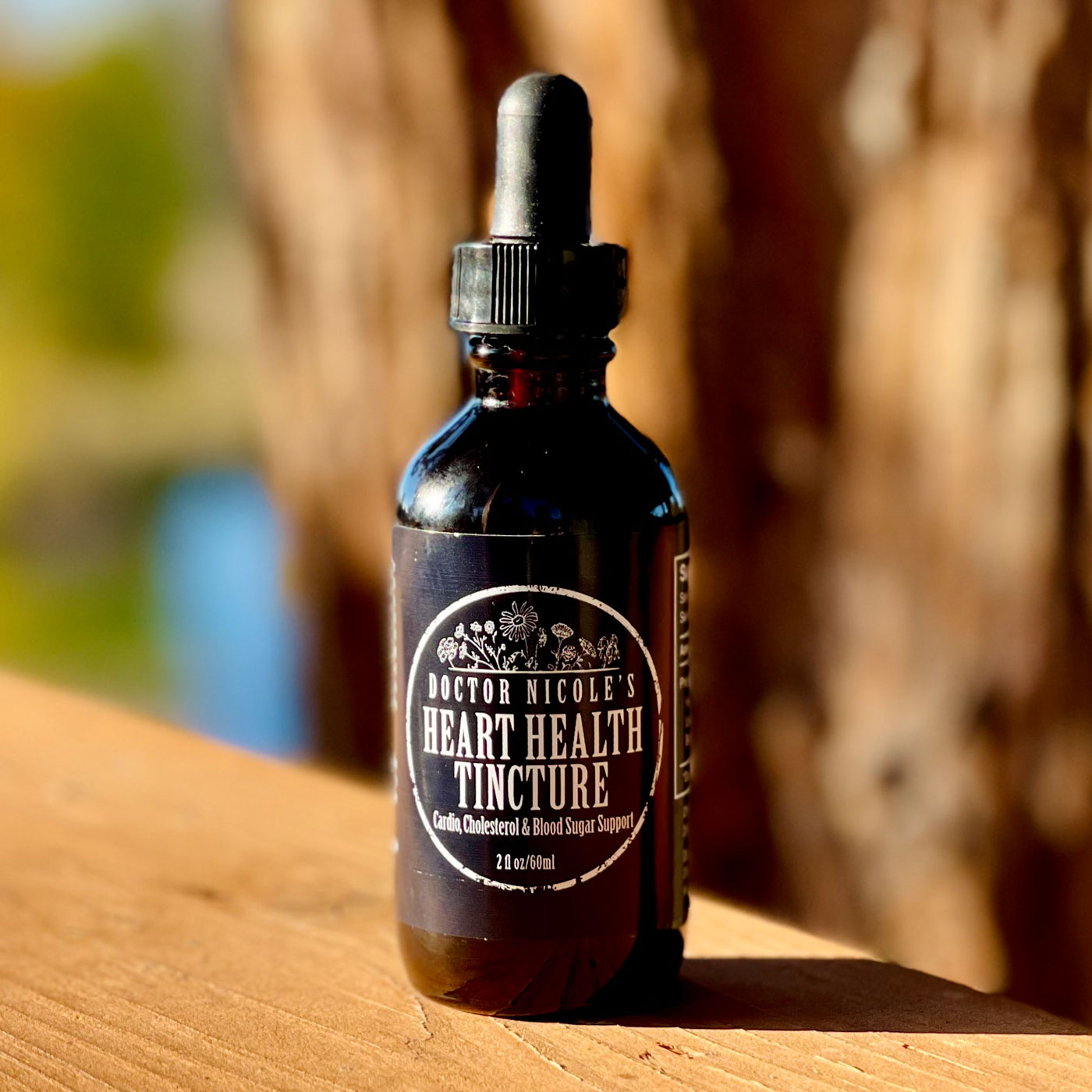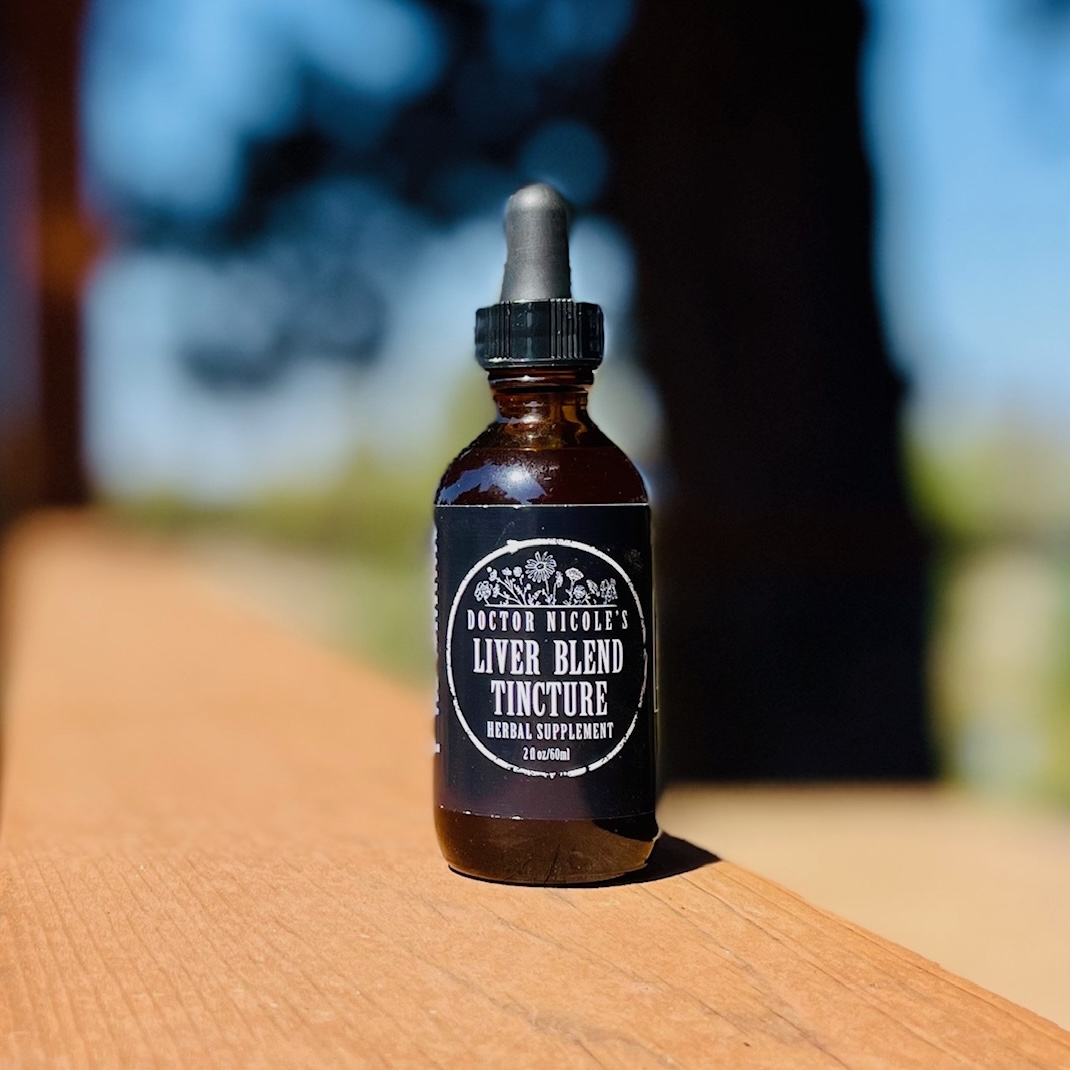A Beloved Beverage
I think most would agree that coffee is one of the great pleasures in life. From the aroma of the roasted beans to holding a mug of fresh brew first thing in the morning, for many it is a daily ritual that brings a deep sense of joy. So it shouldn’t be surprising to learn that the average American savors around three cups of coffee a day. While the drink may get a bad rap, especially if it is loaded with sugar (pumpkin spice latte, I’m looking at you), coffee can be exceedingly healthy — particularly for your skin. Keep reading to learn why.
Coffee 101
If you have ever wondered about what makes coffee, well, coffee, here are a few fascinating facts:
- For world coffee production Arabica (Coffea arabica) accounts for 70%, Robusta (Coffea canephora) 30 percent
- Robusta berries have the highest amount of caffeine
- Light roasts are the most acidic with more caffeine, the opposite is true for darker roasts
- Decaffeinated coffee provides the same health benefits as regular
The grind matters. For deeper flavor, use a finer grind for espresso. Medium grind is used for pour over, drip, and percolators. The finer the grind, the more quickly the coffee needs to be prepared. It is important to note that coffee is a high pesticide crop. With this in mind, always choose organic beans whenever possible.

Health Benefits
Coffee is brimming with health-promoting antioxidants that counteract oxidative stress from aging, pollution, chemicals, ultraviolet (UV) radiation, alcohol, and poor diet. According to research3, coffee may provide these six major health benefits:
Reduced risk of cancer. Drinking coffee regularly is associated with a lower risk of prostate, endometrial, and other cancers. For additional support in this area, see our Eastern Blend.
Fights type 2 diabetes. Those who drink higher amounts of coffee had a lower risk of developing type 2 diabetes. The researchers found no difference between decaffeinated and caffeinated coffee.
May support cardiovascular health. Enjoying two to three cups of coffee each day is associated with significantly lowering your risk of heart disease. Our Heart Health Blend offers exceptional protection as well.
Boosts cognitive health. Drinking coffee is linked with a lower risk of Parkinson’s disease, Alzheimer’s, and depression. Need better mental clarity and more assistance? Take a look at our Brain Bundle.
Improved liver health. Drinking any amount of coffee is associated with a reduction of non-alcoholic fatty liver disease, liver cirrhosis, liver fibroids, and gallstone disease. See our Liver Blend if you need extra support.
Lowers all-cause mortality. According to a study in the British Medical Journal, people who drink coffee versus those who do not are less likely to die from any cause.2
What’s more, coffee has also been found to be an anti-aging powerhouse, especially for your skin.
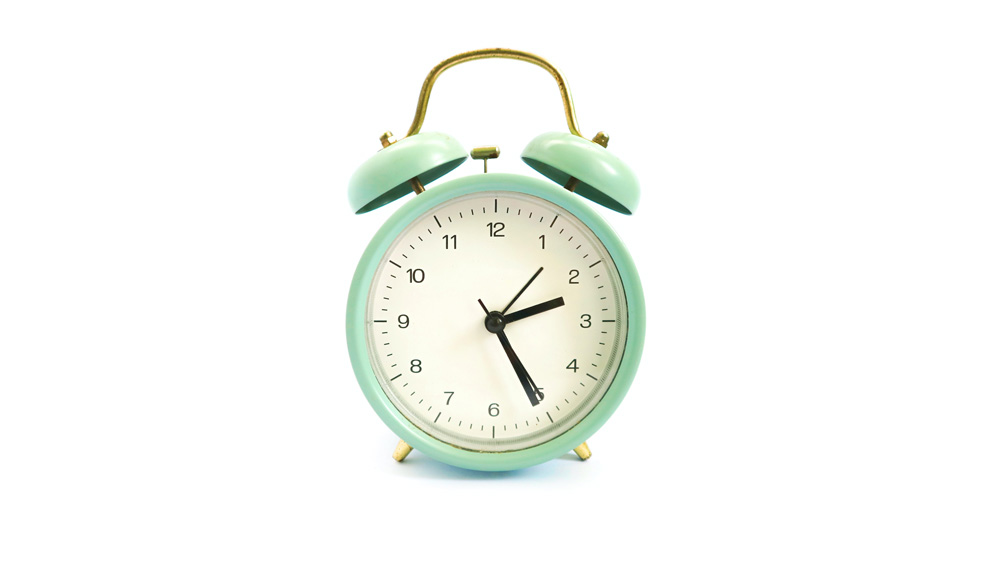
Turning Back the Hands of Time
A new study has found that drinking coffee may be one of the best ways to slow the signs of facial aging. Published in the Journal of Cosmetic Dermatology1, researchers compared four beverages: coffee, tea, alcohol, and sugar-sweetened beverages that were consumed by more than 16,000 Europeans. Out of the four, coffee is the only drink that had a significant impact on skin aging.
The team believes that the polyphenols found in coffee are the secret to combating oxidative stress and inflammation of the skin. These antioxidants may also be responsible for improved skin elasticity and hydration — especially the compound chlorogenic acid.
The type of roast is important if you want to preserve the polyphenol content since antioxidants are sensitive to heat. Opt for espresso, which is a more concentrated brew and uses a lighter roast. Two to three cups of coffee will provide the full anti-aging benefits.
This brings us to the question of caffeine. Since it is known to cause dehydration and can negatively impact skin health, choosing decaffeinated coffee is the ideal. What about milk, cream, or sugar? Sugar can cause a process called glycation, where it bonds to collagen in the skin and damages it, so it is best to avoid sugar. Moreover, milk or cream can block the antioxidant benefits of coffee. For these reasons, drinking your coffee black is recommended.
My Favorite Anti-Aging Skin Products
While drinking coffee is a fantastic way to keep your skin youthful, I have found that as you become older, you need an extra layer of defense against wrinkles, sagging, and aging skin. This is where Herbal Face Food cream and serum shine.
These products tap into the rejuvenating power of the world’s most potent plants, offering antioxidant-packed serums and cream that deliver 100,000 times more youth-enhancing benefits than traditional vitamin C (based on the product’s Oxygen Radical Absorbance Capacity rating).
Having used Herbal Face Food for over a year I’ve found it hydrates, decreases wrinkles, and gives my skin a youthful glow (well needed at 55!). I absolutely LOVE this product…so much so that I was considering making my own face oil for my apothecary, but love this herbal blend so much I use this instead — it’s that good. 🙂
Herbal Face Food uses only the cleanest and highest quality plant-based ingredients, several of which are quite rare. Their products are also extremely concentrated, so a little goes a long way!
If you would like to give their serums and/or cream a try, Herbal Face Food is offering a generous 30% discount to my followers. Use the code: NicoleA30 at checkout.
I know you are going to love their products as much as I do!
Nicole Apelian
Nicole’s Apothecary Products in this Post
References
- Manach C, Scalbert A, Morand C, Rémésy C, Jiménez L. Polyphenols: food sources and bioavailability. Am J Clin Nutr 2004;79(5):727-747.
- Poole R, Kennedy O J, Roderick P, Fallowfield J A, Hayes P C, Parkes J et al. Coffee consumption and health: umbrella review of meta-analyses of multiple health outcomes . BMJ 2017; 359 :j5024.
- “9 Unique Benefits of Coffee” Medically reviewed by Maya Feller, MS, RD, CDN, Nutrition — Written by Rachael Ajmera, MS, RD, Healthline, February 23, 2023. https://www.healthline.com/nutrition/top-evidence-based-health-benefits-of-coffee
References
- Manach C, Scalbert A, Morand C, Rémésy C, Jiménez L. Polyphenols: food sources and bioavailability. Am J Clin Nutr 2004;79(5):727-747.
- Poole R, Kennedy O J, Roderick P, Fallowfield J A, Hayes P C, Parkes J et al. Coffee consumption and health: umbrella review of meta-analyses of multiple health outcomes . BMJ 2017; 359 :j5024.
- “9 Unique Benefits of Coffee” Medically reviewed by Maya Feller, MS, RD, CDN, Nutrition — Written by Rachael Ajmera, MS, RD, Healthline, February 23, 2023. https://www.healthline.com/nutrition/top-evidence-based-health-benefits-of-coffee


